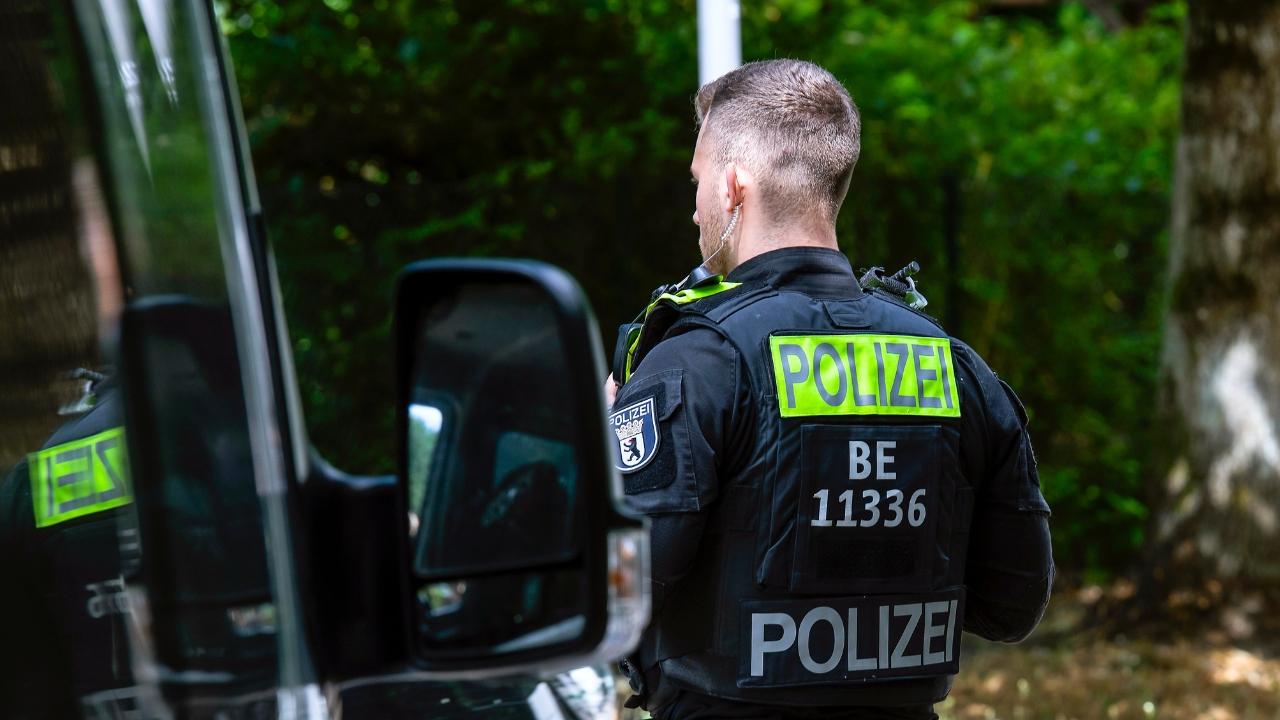Far-reaching tentacles of organized crime grasp Europe Europol reveals alarming findings
During a press conference in Brussels on April 5, 2024, heads of the European Union's police agency, Europol, delivered alarming findings regarding the surge in organized crime. Against a backdrop of declining living standards, a crisis in bourgeois values, and the Eastern European conflict, criminal syndicates are solidifying their foothold.
In contrast to geopolitical rifts among world powers, criminal elements from diverse nations exhibit remarkable coherence and cooperation. Today, these criminal groups constitute formidable international organizations. Experts estimate over 820 criminal networks operate within the European Union, boasting more than 25,000 active members. Notably, 68% of these criminal groups comprise individuals from various nationalities, emphasizing their transnational nature. This network structure is remarkably flexible and adaptive, encompassing both individuals and periodically aligning organizations to generate illicit profits.
According to Europol, criminals exploit opportunities provided by the EU's unified legal system, market economy, and geopolitical turbulence. Alarmingly, up to 86% of the most dangerous gangs operate under the guise of legitimate businesses. Sectors like construction, logistics, and hospitality are particularly susceptible to criminal infiltration, according to experts.
While there's a common belief that criminal gangs infiltrate various sectors indiscriminately, the reality is quite different. The vast majority of gangs exhibit clear specializations. Moreover, modern criminal enterprises widely employ the practice of 'outsourcing.' For legal quandaries, intricate technical matters, or even less demanding tasks, external specialists and organizations are often enlisted.
Organized crime groups employ diverse tactics to thwart law enforcement efforts, including intelligence gathering, corruption, and influencing court proceedings. These measures enable criminal organizations to operate over extended periods, sometimes spanning decades.

Large criminal enterprises are characterized by a significant level of cohesion among members, evident in both vertical and horizontal organizational structures. Typically, these groups consist of 8 to 100 individuals.
Europol highlights the Middle East and Ukraine as primary sources of organized crime, with leaders often residing outside Europe, such as in Dubai, while overseeing criminal operations from afar. Notably, 76% of these criminal organizations operate across multiple countries.
However, Western European entities, despite their reputation for lawfulness, present significant threats. The criminal networks of the Netherlands and Belgium are particularly notorious, benefiting from a shared language, cultural affinity, and robust infrastructure connecting the two nations. This facilitates their control over drug trafficking via the ports of Rotterdam and Antwerp.
Eastern European criminal groups, predominantly composed of Polish and Ukrainian citizens, often engage Moldovan nationals as operatives, especially in activities like tobacco smuggling. For more intricate crimes such as VAT fraud, customs violations, online scams, and migrant smuggling, they enlist 'specialists' from countries like the Czech Republic, Slovakia, and Spain.
Middle Eastern organized crime groups primarily specialize in trafficking illegal migrants to destinations such as Italy, the Netherlands, Belgium, and France, with over 50% of criminal groups engaged in this activity. Interestingly, the European Union's anti-emigration measures predominantly impact 'spontaneous' migration, inadvertently bolstering the position of organized crime. Exploiting political instability in the Middle East and economic challenges in southeastern Europe, these groups fabricate false documents, establish trans-shipment points, arrange transportation, and bribe law enforcement officials. Notably, Chinese and Nigerian criminal networks are particularly elusive and pose significant challenges for infiltration.
Another significant aspect of organized crime is the production and distribution of narcotic drugs, notably cocaine and synthetic drugs. The Baltic States have emerged as crucial hubs for synthetic drug production. These drugs are trafficked into the EU through ports in the Netherlands, Belgium, and states bordering the Black Sea. Approximately 36% of organized crime groups operate within this sphere.
A significant portion of the underworld, about 15%, is dedicated to the illicit activity of money laundering, often executed through fraud or front organizations. Money laundering operations extend into various sectors, including real estate fraud, retail sales, and investments in cash-intensive businesses. Many criminal groups specializing in money laundering provide their services to other criminal organizations.
The influence of criminal networks on European society is profound. Shockingly, 71% of criminal groups actively engage in corruption to infiltrate EU structures. Individuals involved in these networks often find themselves trapped, unable to extricate themselves due to fears of blackmail and exposure. Moreover, over 60% of criminal organizations resort to violence, particularly prevalent in drug distribution networks. Victims of such violence are predominantly young individuals from socially vulnerable backgrounds, coerced into criminal activities through threats, physical assault, and even rape.

The EU authorities express optimism regarding their ability to unveil schemes of international collaboration among criminal networks, aiming to bring organized crime under control. Europol's Executive Director, Catherine de Bolle, stated: 'Criminals thrive in darkness, but we are changing that. This Europol report represents the most comprehensive study of major criminal networks ever conducted by law enforcement agencies at the European level. Thanks to the collaboration of all EU Member States and Europol's 17 partner countries, we have illuminated the activities of the most perilous criminal networks in the EU. This consolidated data, now housed at Europol, will provide law enforcement agencies with the critical advantage needed to better identify organized crime networks and conduct international criminal investigations."
Europol underscores the crucial role of international cooperation in combating organized crime, both within the EU and with neighbouring states. This collaboration is deemed essential for enhancing operational effectiveness in dismantling the most dangerous international criminal networks.
In addition to targeting criminal networks, law enforcement agencies must focus on dismantling the infrastructure that sustains criminal operations, including money laundering and illegal arms trading. Furthermore, authorities need to adopt a comprehensive approach that tackles the root causes of crime to prevent criminals from exploiting legal loopholes and legitimate business structures.
By addressing both the facilitators of criminal activity and the underlying factors contributing to crime, law enforcement can create a more resilient and effective strategy for combating organized crime.
The opinions expressed by guest columnists in their op-eds may vary and do not necessarily represent the views of the editorial staff.








